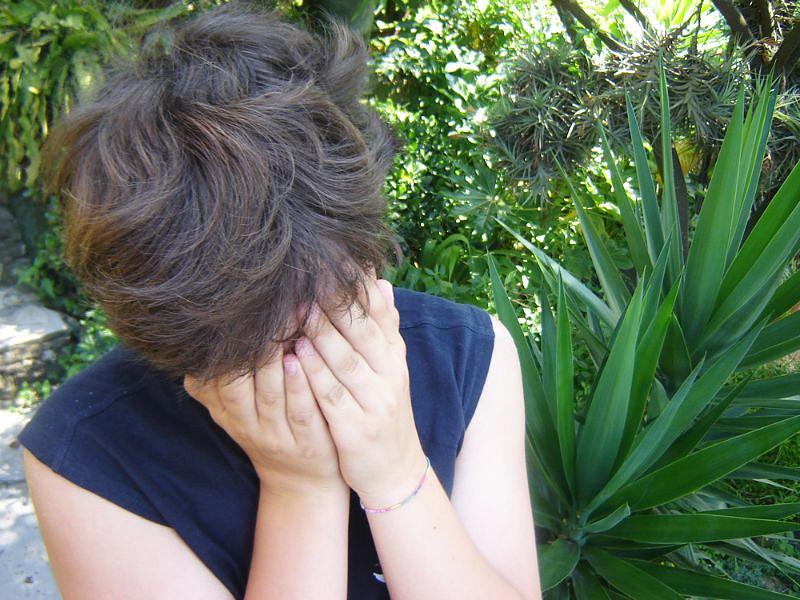Save the Children Romania trains 550 specialists to reduce domestic violence on children



Save the Children Romania implemented in the past year a project aimed at preventing and combating domestic violence on children, through a training program financed by Norway.
A total of 550 specialists from Bucharest and nine other counties across Romania have received training under this project.
According to a statement from the organization, the specialists have found several needs and realities related to domestic violence against children in Romania. For example, many teachers and school doctors don’t know about the legal obligation of reporting a possible child abuse to the authorities.
Both the teachers and medical staff avoid reporting such cases because they fear for their personal safety. However, there are also cases in which the teachers fail to report a case of child abuse because they don’t think that it is their responsibility to do so, or because they see the abusive behaviors as disciplinary methods justified by various undesirable behaviors of children. There are also cases in which the school principals forbid the staff to report child abuse because they are afraid that this could affect the school’s reputation.
The professionals who avoid reporting such cases, despite the legal duty, invoke distrust in the protection system’s ability to provide an alternative that would guarantee the children’s right to protection and safety.
Much of the child protection service’s staff doesn’t have specialized information about child development, the child's profile with a history of abuse and trauma, positive disciplining of children, and mental health disorders that children develop due to experiences of trauma and abuse, according to Save the Children. Moreover, the use of specific methodologies and procedures of intervention is modest within local Public Services for Social Assistance, while specialized services are almost unavailable.
The foster care centers are understaffed, and the staff they have is most of the time unqualified for the provision of necessary specialized services such as counseling or psychotherapy. Moreover, in some foster care centers, the institutional practices are abusive, providing “disciplinary” movements of children from one place to another.
Although prohibited by law since 2004, the abuse and negligence continue to be present in Romanian children’s lives. In 2013, 63% of the children in Romania said that parents beat them at home, while 20% of parents still saw physical punishments as being a right and proper way of educating children.
The percentage of parents who admit to applying some forms of physical corrections to their children remained constant between 2001 and 2012, at 38%.
Most Romanian parents still discipline their children by beating them
Bullying in Romanian schools: one in four children are humiliated in front of colleagues
Irina Popescu, irina.popescu@romania-insider.com